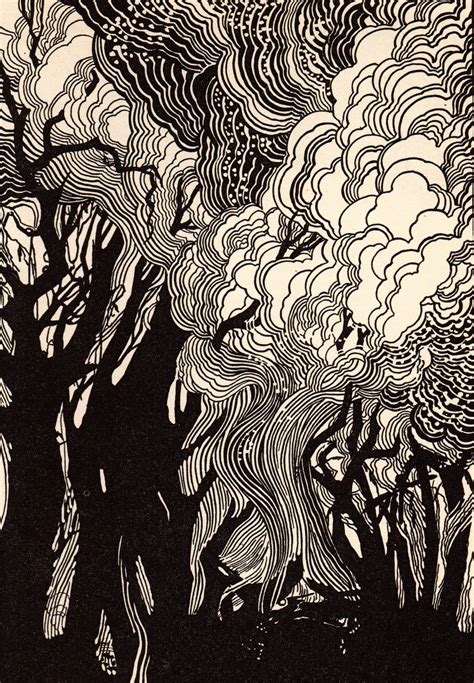A Quote by Mary McCarthy
This grossly advertised wonder [Venice], this gold idol with clay feet, this trompe-l'oeil, this painted deception, this cliche-what intelligent iconoclast could fail to experience a destructive impulse in her presence?
Related Quotes
Now that physics is proving the intelligence of the universe what are we to do about the stupidity of mankind? I include myself. I know that the earth is not flat but my feet are. I know that space is curved but my brain has been condoned by habit to grow in a straight line. What I call light is my own blend of darkness. What I call a view is my hand-painted trompe-l'oeil. I run after knowledge like a ferret down a ferret hole. My limitations, I call the boundaries of what can be known. I interpret the world by confusing other people's psychology with my own.
... in the eyes of its visitors, Venice has no reality of its own. Anyone visiting the place has already seen so many pictures of it that they can only attempt to view it via these clichés, and they take home photographs of Venice that are similar to the ones they already knew. Venice [is] becoming like one of those painted backdrops that photographers use in their studio.
I'm always amused by the idea that certain people have about technique, which translate into an immoderate taste for the sharpness of the image. It is a passion for detail, for perfection, or do they hope to get closer to reality with this trompe I'oeil? They are, by the way, as far away from the real issues as other generations of photographers were when they obscured their subject in soft-focus effects.
When a buddha is painted, not only a clay altar or lump of earth is used, but the thirty-two marks, a blade of grass, and the cultivation of wisdom for incalculable eons are used. As a Buddha has been painted on a single scroll in this way, all buddhas are painted buddhas, and all painted buddhas are actual buddhas.
My treasure chest is filled with gold.
Gold . . . gold . . . gold . . .
Vagabond's gold and drifter's gold . . .
Worthless, priceless, dreamer's gold . . .
Gold of the sunset . . . gold of the dawn . . .Gold of the showertrees on my lawn . . .
Poet's gold and artist's gold . . .
Gold that can not be bought or sold -
Gold.
Margaret Miles offers a stunning treatment of human experience, coaxing humans to leave dualisms behind and embrace our intelligent bodies. In a foundational text, she draws on the arts, philosophy and theology, and her experience as a hospice volunteer to explore concrete alternatives to privileging the rational mind. Her erudition, wisdom, and graceful writing are compelling proof of the intelligent body.
He could not forgive her, but he could not be unfeeling. Though condemning her for the past, and considering it with high and unjust resentment, though perfectly careless of her, and though becoming attached to another, still he could not see her suffer, without the desire of giving her relief. It was a remainder of former sentiment; it was an impulse of pure, though unacknowledged friendship; it was a proof of his own warm and amiable heart.
I remember once walking out hand in hand with a boy I knew, and it was summer, and suddenly before us was a field of gold. Gold as far as you could see. We knew we'd be rich forever. We filled our pockets and our hair. We were rolled in gold. We ran through the field laughing and our legs and feet were coated in yellow dust, so that we were like golden statues or golden gods. He kissed my feet, the boy I was with, and when he smiled, he had a gold tooth. It was only a field of buttercups, but we were young.





































